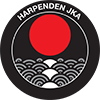HARPENDEN KARATE CLUB
Training in the dojo
HARPENDEN JKA
Dojo & Training Times
Training schedule:
Tuesdays
- 5.30pm to 6.15pm (beginners)
- 6.30pm to 7.30pm (junior grades)
- 7.30pm to 8.30pm (senior grades)
Thursdays
- 5.30pm to 6.15pm (beginners)
- 6.30pm to 7.30pm (junior grades)
- 7.30pm to 8.30pm (senior grades)
Saturdays
- 9.30am to 10.30am (junior grades)
- 10.30am to 11.30am (senior grades)
Our dojo:
Batford Methodist Church
Lower Luton Road, Batford, Harpenden, AL5 5AH – (opposite Esso and Tesco Express)
If you’d like to have a trial or hear more about training at our club, just complete and send the form on this page and we’ll be in touch.
In The Dojo Enquiry
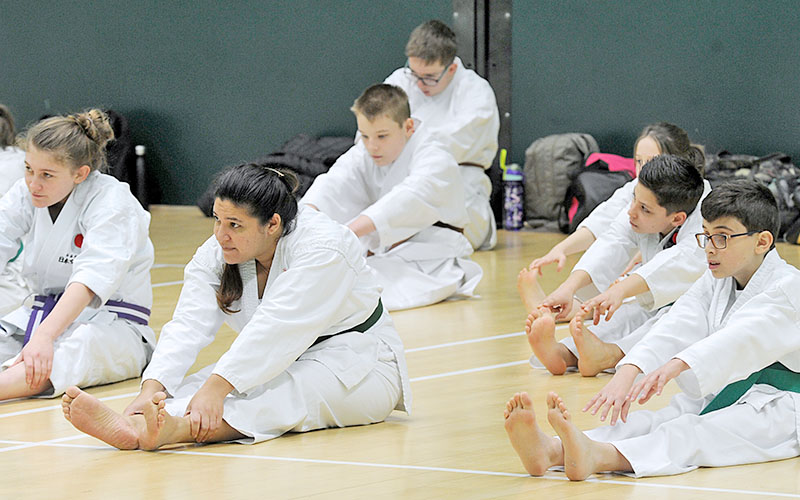
Authentic and Dynamic Karate Training
Shotokan karate training at Harpenden JKA is in 3 parts: basic techniques, kumite and kata. Classes are supervised by an instructor at all times while kumite is taught in very controlled circumstances.
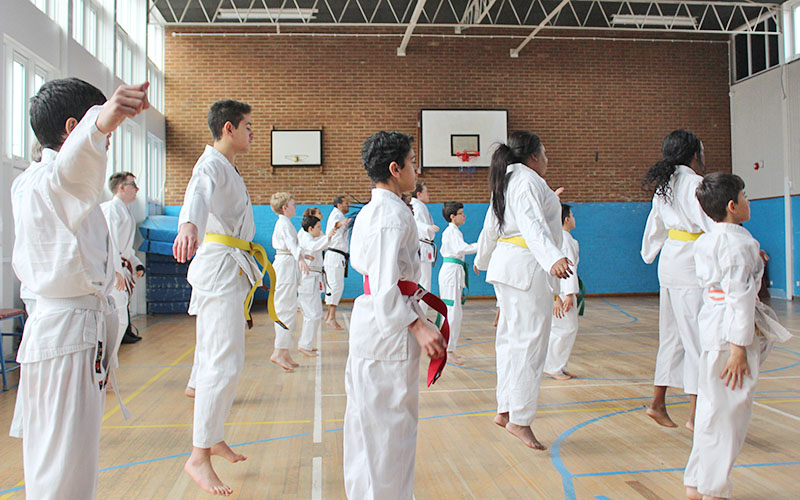
This training builds towards the ultimate goal of giving our students the confidence, fitness and skills to defend themselves. At the same time, we make our karate training fun and motivating so that students of every age leave the dojo having enjoyed themselves while improving their karate.
Karate training begins with a series of stretching and warming up exercises designed to prepare our bodies for the real workout that follows. The colder the weather, the more important these exercises are. Then, cool down exercises after each class helps reduce aches and pains the following day.
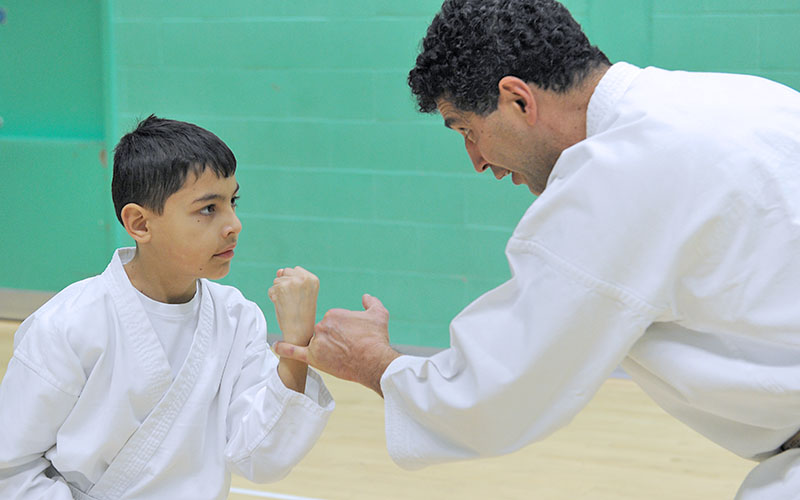
Basic Karate Techniques
Shotokan karate is made up of 10-12 basic strikes, blocks and kicks that we learn and practise every session. Beyond these basics, however, there’s a jaw dropping range of punches, knife-hands, crossed arms, snap kicks, thrust kicks, reverse attacks, spinning, sweeps and put downs.
Many parts of the body are used in karate training: elbows, fists, knees, heels, hips, forearms, palms, fingers, etc. There are different stances and ways of moving effectively – forwards, backwards, sideways, diagonally, (jumping) upwards.
Essentially, there’s always something to learn. However, it always comes back to simple, basic moves, however senior you are.
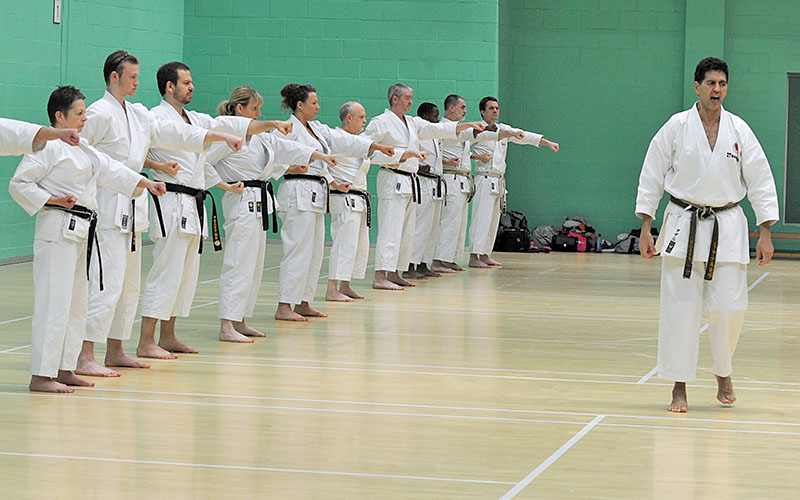
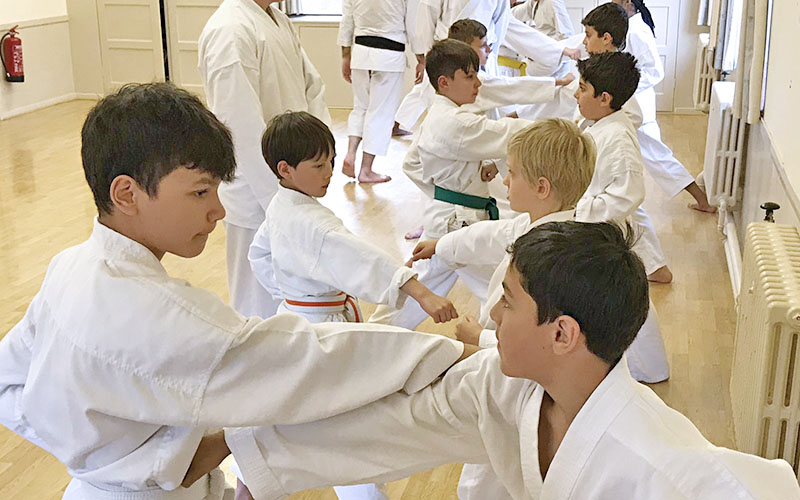
Kumite and Partner Work
Working with a partner, we practise combinations of techniques and moves to block and counter-attack. Our students work with partners right from the start so they get used to using their techniques opposite different people. The more experienced the student, the freer the fighting style that can be used.
The speed, height and ability of your partner will affect your choice of attack and how you block them. This is excellent training for real life scenarios as well as giving your brain a good work out. It also helps reinforce the importance of respect in the dojo and, finally, it teaches control.
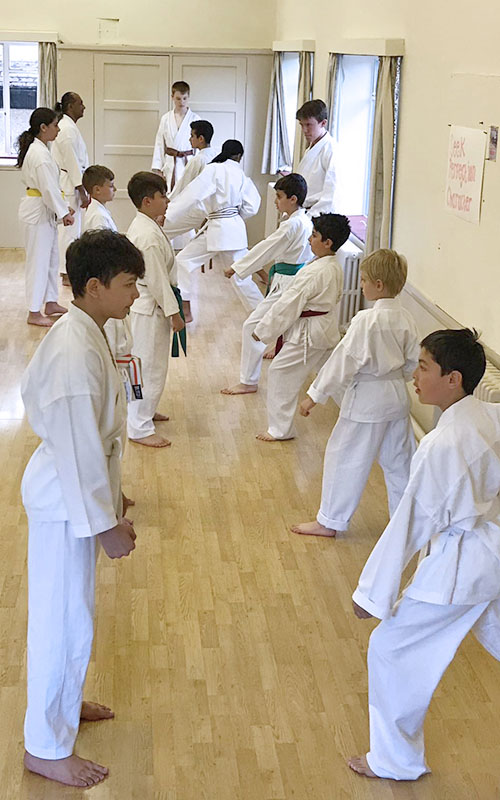
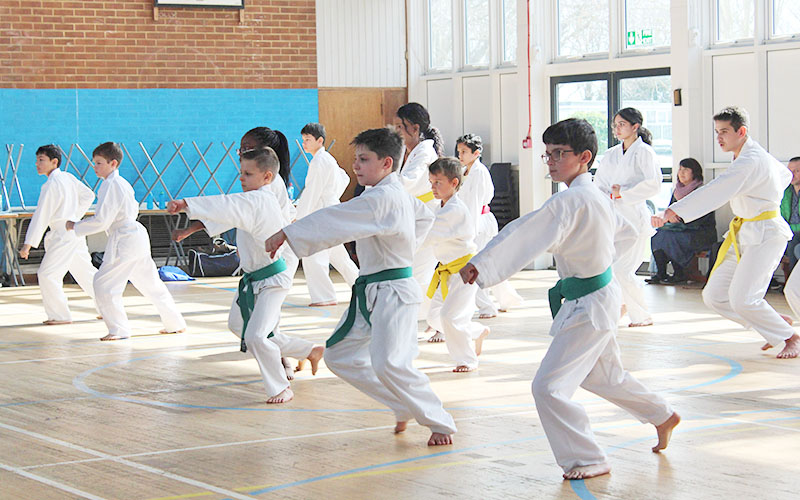
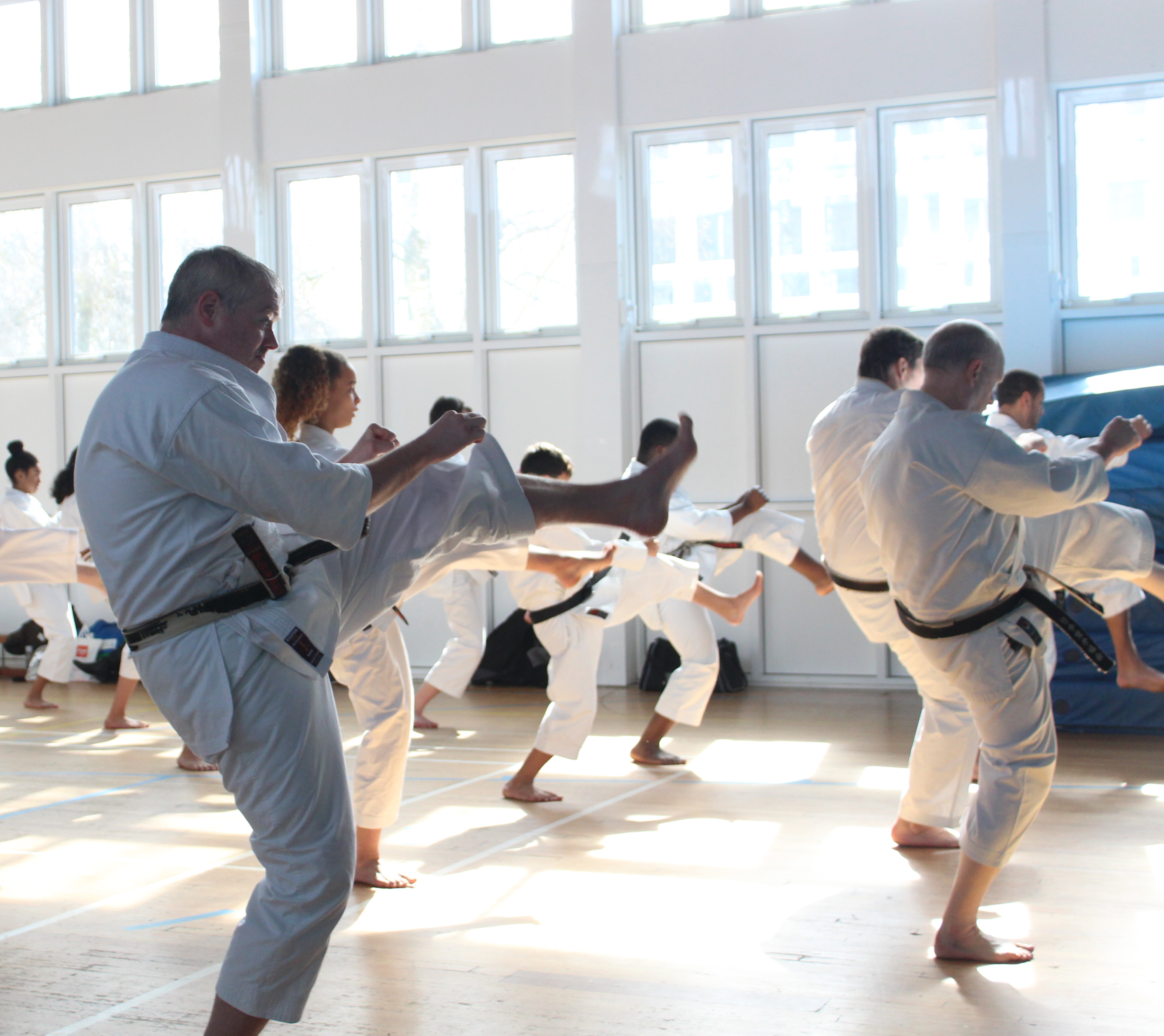
Kata
Kata is a sequence of moves and techniques to demonstrate blocking and attacking several opponents from different directions.
There are 26 katas including the beginner’s (Kihon) Kata. Some are deceptively simple but never ticked off as ‘learnt’. For example, we regularly return to the 5 Heian katas even though they are learnt early on by all students. (Heian Sandan and Heian Yondan are being demonstrated on the left by a mix of grades.)
Different katas suit different people – some are strong and imposing (such as Jitte). Others, such as Empi, have more flowing moves. Those with jumps (Godan and Kanku-sho) are clearly suited to the more athletic student.
All the katas are physically exhausting when performed with the right amount of power, speed and control. And like all our karate training, each move of every kata has an application (‘bunkai’) for a real fight situation.
